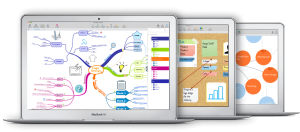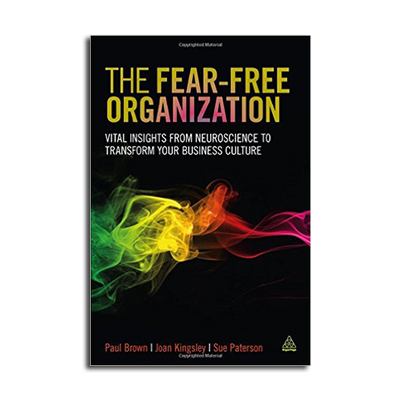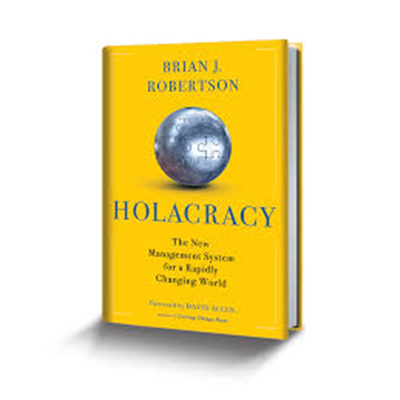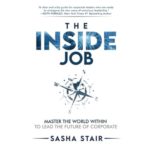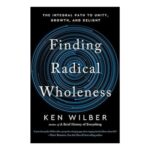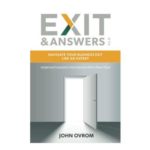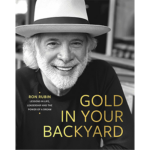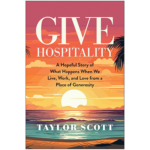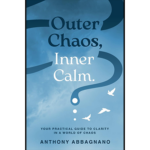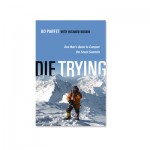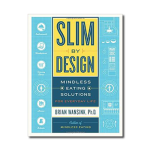I really love business books that provide value to the reader, and this book “Rocket Fuel” is an easy to read book that is chalk full of value.
In my interview with author Mark C. Winter we explore one of the most important realizations by successful entrepreneurs and that if you want to develop a business it takes someone in the passenger seat, and that person is called an Integrator. An “Integrator” compliments a “Visionary” and the right combination of these two people is imperative for the success of any business.
What you will learn by reading “Rocket Fuel” is that “Visionaries” have certain characteristics as do “Integrators”. When each person knows and plays their role in the organization you obtain “Rocket Fuel” as the book suggests.
Mark also discusses with me something he refers to as the “Accountability Chart”. This is not just a normal organizational chart, the “Accountability Chart” helps you define the functions of the organization but to compliment that is defines the five (5) major roles of each of the people in the organization. When you accomplish this task, it make everything much clearer and allows for leadership team to function with clear lines of communication.
What I appreciate most about “Rocket Fuel” and Mark C. Winters is the fact that all the techniques and tools outlined in the the book are tried and true tools. Mark’s co-author Gino Wickman is the founder of EOS (Entrepreneur Operating System) out of Detroit Michigan. EOS Worldwide provides the reader with amazing free resources as well as an opportunity to hire a business coach called an Implementer.
If you want to learn more about Rocket Fuel please click here to be directed to the book website, if you want to learn more about EOS Worldwide please click here to be directed to their website.
I particularly enjoyed this animated YouTube Video titled “Why Entrepreneurial Companies Need a Visionary and an Integrator.” I hope you enjoy my interview with Mark C. Winters.
